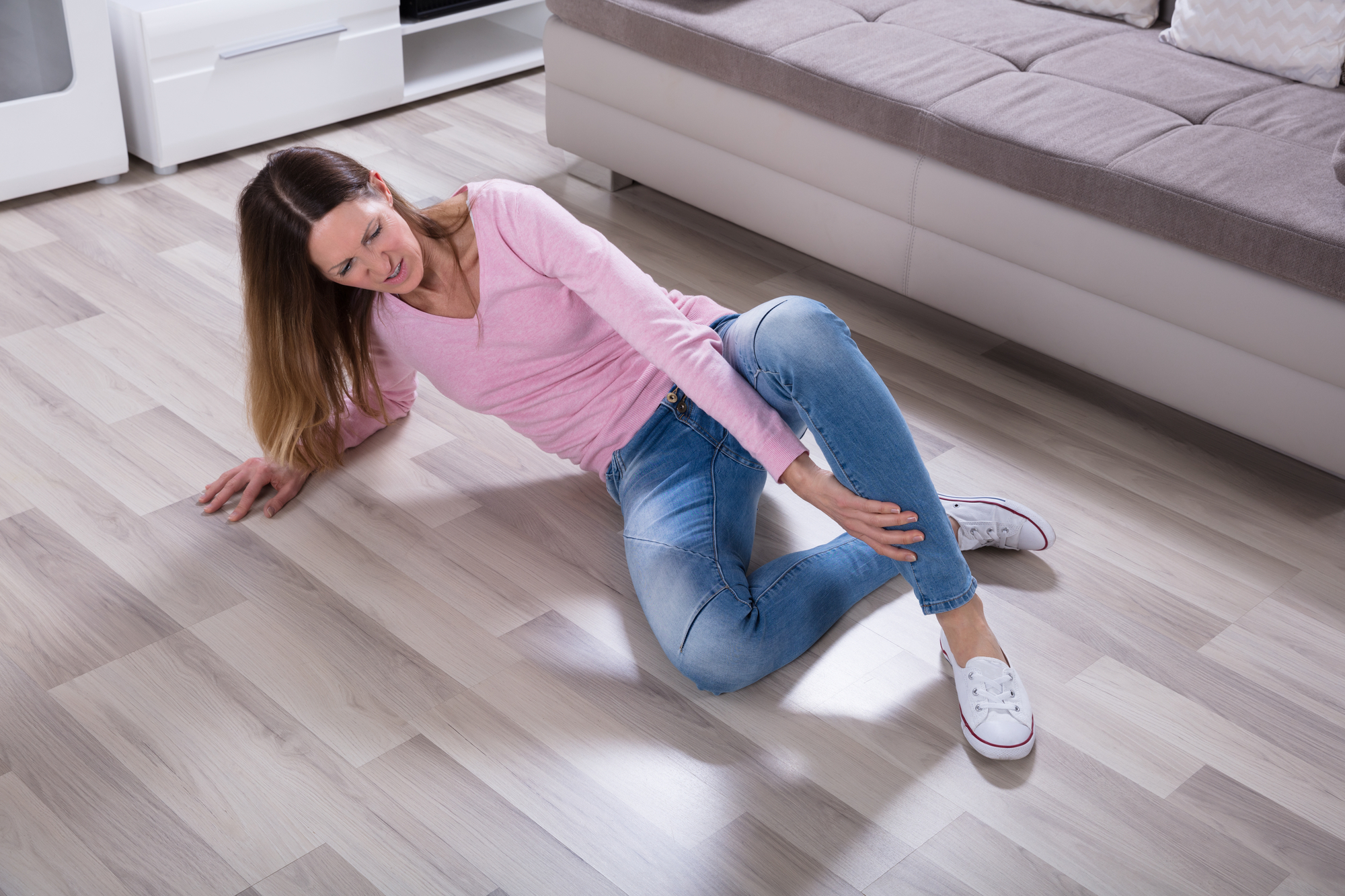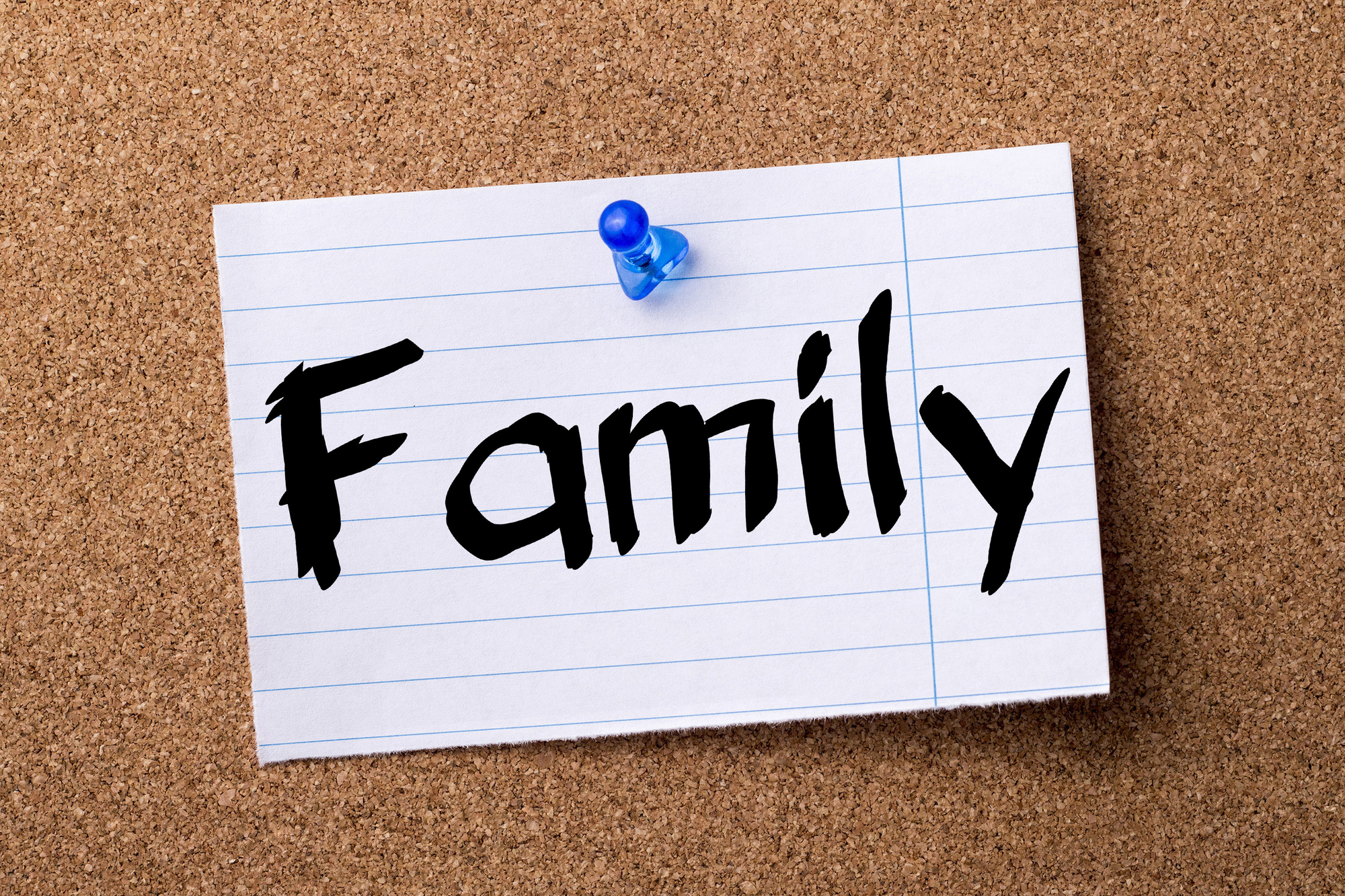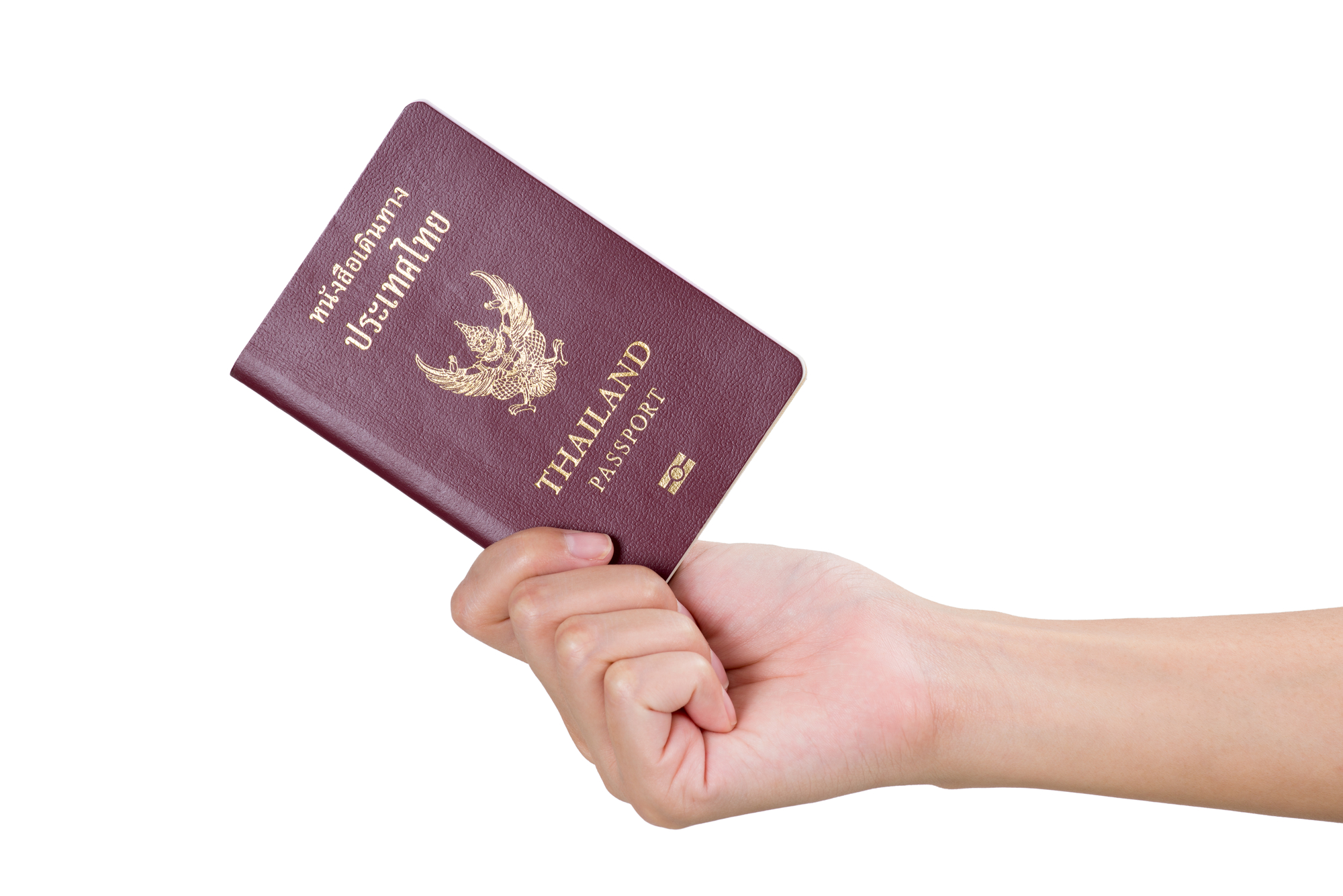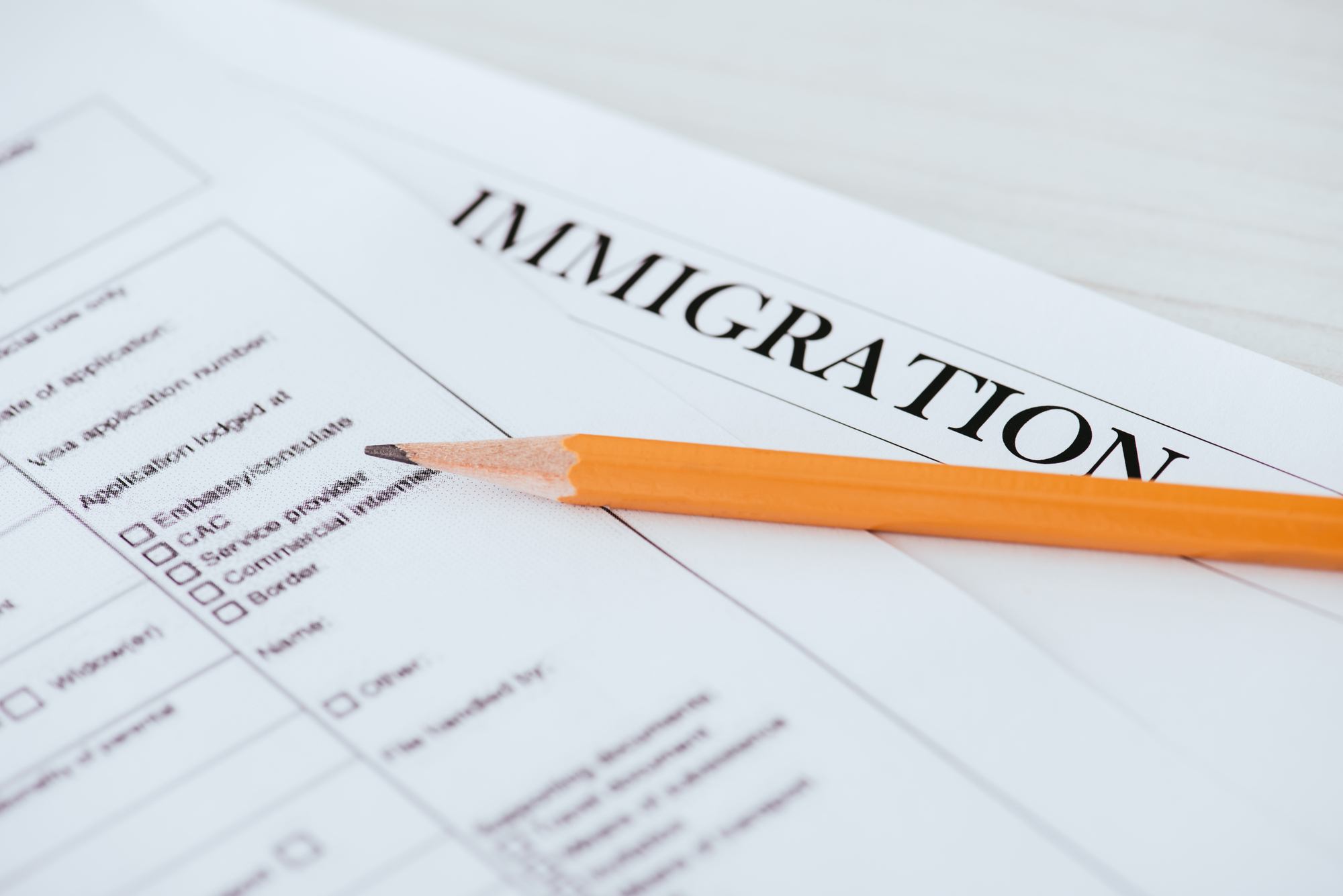If a slip or a fall results in an injury, this can be a painful, traumatic and expensive experience for the injured party. As well as the cost of treatment, there may be other things to consider, such as time spent away from work, canceled plans, and other direct and indirect costs. This is why many people decide to seek legal action following this type of incident in California.
Duty Of Care In California
There is a duty of carein the state of California, and this extends to slips and falls that take place on property owned by a certain party – whether that party is a private individual or a business. Basically, everyone has a duty to make sure that their own property is adequately maintained and managed in order to prevent instances of personal injury or another form of harm.
Limits are applied to this duty of care. For instance, if an individual “brings injury upon themselves,” the owner of the property may not be held liable for this. Legal professionals in California often find themselves disentangling questions of blame in an effort to understand who is responsible following a slip or fall and to what extent.
Apportioning Blame
In order to identify who is legally responsible for injury or harm caused by a slip or fall in California, the attorney will need to establish a number of facts under California law.
Firstly, they will need to be able to prove legal responsibility over the property where the slip or fall took place. This may simply be the property’s owner, or it may be someone else. If the property is leased, rented or occupied by another party, they may be found responsible for its upkeep as may any party who manages the property or conducts business activities on the site. The attorney may need to find documentary proof to show who is responsible.
Secondly, negligence will need to be established. Was the responsible party maintaining, managing and generally looking after the property in the right way? If not, did this negligence directly lead to injury or damage?
Finally, the behavior of the victim may need to be established and proven. Was this party actually on the property in question when the slip and fall injury took place? Were they behaving in a manner that may have contributed to their own injury? How much of the responsibility is borne by the injured party themselves?
Slips And Fall Laws And Alcohol
If the injured party was under the influence of alcohol, this could be considered a contributing factor. This may be a mitigating factor for the owner of the property or another responsible party, as drunkenness may be considered a form of irresponsible behavior. However, if the alcohol was supplied by the property owner or responsible party in an illegal manner – i.e., it was provided to a minor or was supplied in any way that infringed Californian licensing laws – the situation may change. If this supplying of alcohol is found to be negligent, it may be taken into account during legal proceedings.
Generally though, if the property owner or another responsible party is serving or providing alcoholic beverages, they will not be held liable for any harm or damage incurred by the party they are serving to. As long as alcohol was provided in a legal manner, no offense has been committed. It’s also important to bear in mind that just because the complainant was under the influence of alcohol, this does not absolve those responsible for maintaining the property of their duties.
Statutes Of Limitations
There is a general time limit attached to this kind of claim, known as a statute of limitations. In most cases, individuals must file their personal injury claim no more than two yearsafter the initial incident. For property damage claims, the statute of limitation is extended to three years after the event.
This is not true in all cases, and there are exceptions. Injury or damage that occurred in a government building or another government-owned property, for instance, will be subject to a much shorter limitation period. In this instance, the claim will need to be filed within six monthsfollowing the date of the injury or property damage.
Reach Out About Your Case
If you are in search of legal assistance or representation following a slip or fall, speak to us today. We can help you understand your options and the next steps in your case.





